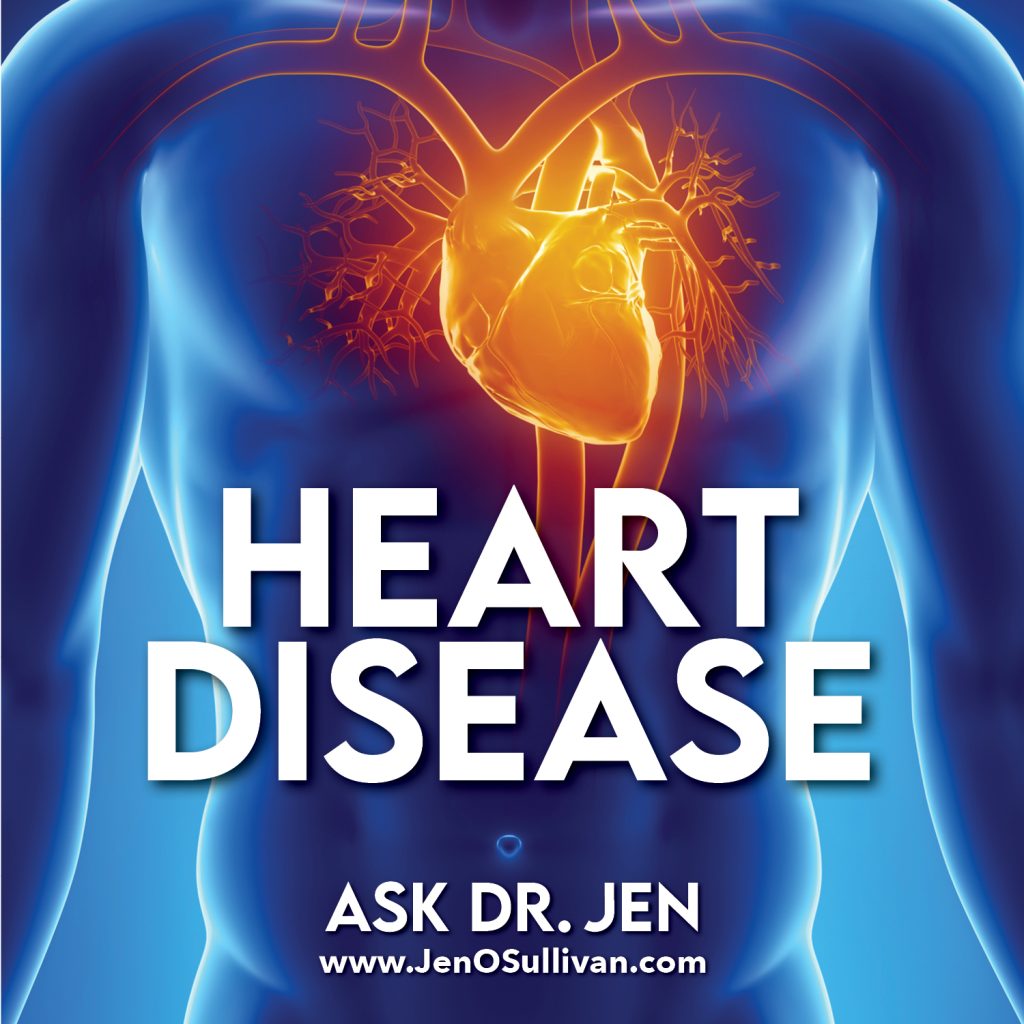
By Dr. Jen O’Sullivan, BCND
Ozempic is a popular weight loss drug that I am firmly against using. Ozempic is mainly for Type 2 Diabetics, but people are using it to lose weight. It slows down digestion, helps suppress hunger, helps restore insulin levels, and helps those with insulin resistance. Ozempic also helps to slow the breakdown of sugar in the liver which helps lower blood sugar levels. It sounds like a wonder drug for weight-loss, but please consider the major side effects that may occur!
Below are some alternatives along with a short video by Dr. Eric Berg.
DISADVATAGES:
- Expensive
- Minor Side Effects – headaches, nausea, vomiting, bloating, abdominal pain, gas, constipation, diarrhea, heartburn, and dizziness.
- Major Side Effects – suicidal thoughts, pancreatitis, thyroid cancer, kidney disease, retinopathy, muscle loss, and gastroparesis.
NOTE: Side effects can continue for 5 weeks even after stopping the drug.
ALTERNATIVES
Berberine Dr. Berg suggests natural GLP-1 agonists such as berberine and panax ginseng. Berberine is what I use and is a potent blood sugar regulator.
Healthy Keto along with Intermittent Fasting Getting all the nutrients your body needs while obtaining ketosis. HK and IF will improve cognitive function, improve mood issues, improve liver function, improves digestion, and most importantly, improve your gut microbiome, specifically the probiotic Akkermansia muciniphila.Healthy Keto Low carb, healthy foods only.
Intermittent Fasting IF will improve cognitive function, improve mood issues, improve liver function, improves digestion, and most importantly, improve your gut microbiome, specifically the probiotic Akkermansia muciniphila.
Akkermansia Probiotic Akkermansia muciniphila has been shown to stimulate GLP-1 levels. It strengthens the immune system and helps to prevent metabolic disorders like obesity and type 2 diabetes.
Additional Foods Dark Colorful Berries Red Apple Skins (only the skins) Onions Asparagus
View this helpful video by Dr. Eric Berg
Be blessed!

